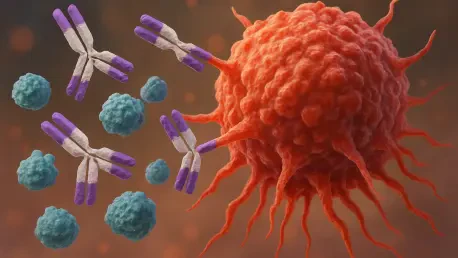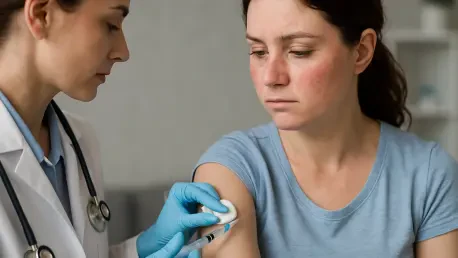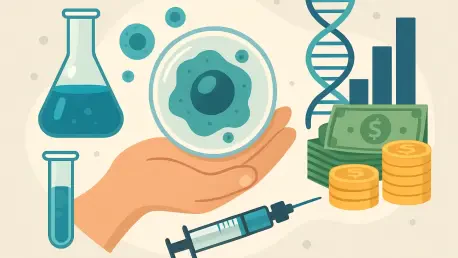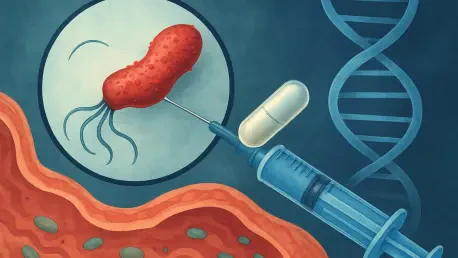
In a landscape where rare diseases often struggle for attention and innovation, cutaneous T-cell lymphoma (CTCL)—encompassing mycosis fungoides (MF) and Sézary syndrome (SS)—stands as a stark reminder of unmet medical needs. With only a small fraction of cancer cases attributed to these conditions,

The pharmaceutical industry stands at a critical crossroads, grappling with the staggering statistic that developing a single new drug can cost upwards of $2.6 billion and take over a decade from discovery to market, pushing the sector to seek groundbreaking solutions. Artificial Intelligence (AI)

What happens when a chronic disease like systemic lupus erythematosus (SLE) steals not just health, but the very essence of daily life from millions worldwide, leaving them to grapple with relentless pain, fatigue, and organ damage? For over 3.4 million people battling this autoimmune condition, a

In an era where global health challenges demand unprecedented innovation, artificial intelligence (AI) stands as a beacon of hope for the life sciences industry, with 75% of CEOs prioritizing it as a top investment area according to recent industry surveys. This staggering statistic underscores a

The realm of cell and gene therapies (CGTs) has long been heralded as a revolutionary frontier in medicine, promising transformative outcomes for patients with previously untreatable conditions, yet it faces significant hurdles in securing consistent funding. As the industry matures, it confronts a

The global battle against Helicobacter pylori (H. pylori), a pervasive bacterial infection tied to severe health issues like gastric cancer, is intensifying as public health systems and biopharmaceutical innovators join forces to address this critical challenge. Affecting millions across the world,